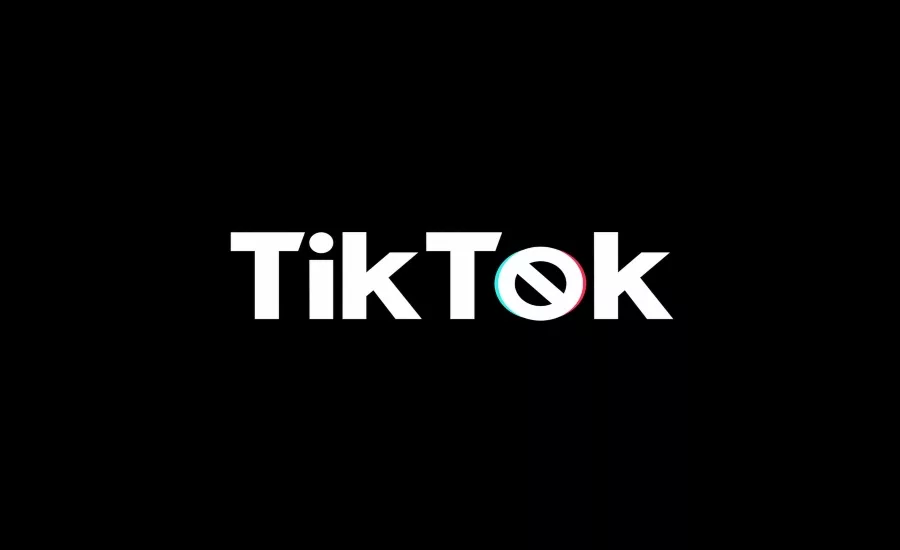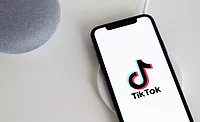US to ban TikTok and WeChat downloads this Sunday

In response to President Trump’s Executive Orders signed August 6, 2020, the Department of Commerce announced prohibitions on transactions relating to mobile applications (apps) WeChat and TikTok to safeguard the national security of the United States.
The Department of Commerce cites the threat of The Chinese Communist Party (CCP) to use these apps to threaten the national security, foreign policy, and the economy of the U.S. The prohibitions, when combined, says the agency, are meant to protect users in the U.S. by eliminating access to these applications and significantly reducing their functionality.
While users who have already downloaded the apps may be able to continue using the software, the restrictions mean updated versions of the apps cannot be downloaded.
Brandon Hoffman, Chief Information Security Officer at Netenrich, a San Jose, Calif.-based provider of IT, cloud, and cybersecurity operations and services, notes that it’s extremely unlikely that the ban will be reversed before it is implemented. "It will have to be removed or reversed post implementation at this point. It’s not clear whether all traffic from those applications will simply stop flowing or if this is limiting the availability of the app for new downloads. If the intent is to remove them entirely from the US population, then there is a lot of work to be done between ISPs, phone vendors, and App Store owners," Hoffman says.
"So, what will the ban mean for WeChat and TikTok? It’s hard to predict what will happen to those applications. However, considering they have a massive user base outside the US, I don’t think the impact will be significant. WeChat, for example, has been popular for years in Asia and has a huge user base. To get the bans lifted there will likely need to be several longs rounds of deep technology vetting and inspection. Including but not limited to code base review and traffic analysis," adds Hoffman. "I want to say that the government is doing this for a valid reason. On the other hand, the banning of specific application feels like an infringement on our rights, and to a degree, our privacy. The very same thing they are claiming to protect. In today’s age, consumers are extremely tech savvy and well informed. If the government wants their position validated, not that it needs to be, it would make sense for them to disclose a little more technical detail or findings.”
As of September 20, 2020, the following transactions are prohibited:
- Any provision of service to distribute or maintain the WeChat or TikTok mobile applications, constituent code, or application updates through an online mobile application store in the U.S.;
- Any provision of services through the WeChat mobile application for the purpose of transferring funds or processing payments within the U.S.
As of September 20, 2020, for WeChat and as of November 12, 2020, for TikTok, the following transactions are prohibited:
- Any provision of internet hosting services enabling the functioning or optimization of the mobile application in the U.S.;
- Any provision of content delivery network services enabling the functioning or optimization of the mobile application in the U.S.;
- Any provision directly contracted or arranged internet transit or peering services enabling the function or optimization of the mobile application within the U.S.;
- Any utilization of the mobile application’s constituent code, functions, or services in the functioning of software or services developed and/or accessible within the U.S.
Setu Kulkarni, Vice President, Strategy at WhiteHat Security, a San Jose, Calif.-based provider of application security, says, “We fail to recognize how imperative these apps have become for today’s millennial economy. On one side, these apps have generated tremendous economic activity. On the other side, they have created an avenue for adversaries to control and access this tremendous economic opportunity. In an ideal world society view, this all works out. However, in the real world it doesn’t. The fact that an “adversary” can potentially proliferate our economic landscape using our own infrastructure by building a set of apps is an entirely new level of warfare. Who would have thought that while applications are the digital enablers, they are also our biggest digital risks."
Kulkarni adds, "In protecting our larger national interests, will we end up hurting the economic interests of our citizens who depend on these apps? Probably, yes. But time has come that we look at stricter and tighter guidelines around application distribution up front to disallow potential adversarial risks from apps in this day and age where downloading these apps is a finger tap away.”
Should the U.S. Government determine that WeChat’s or TikTok’s illicit behavior is being replicated by another app somehow outside the scope of these executive orders, the President has the authority to consider whether additional orders may be appropriate to address such activities, adds the Department of Commerce. The President has provided until November 12 for the national security concerns posed by TikTok to be resolved. If they are, the prohibitions in this order may be lifted.
Looking for a reprint of this article?
From high-res PDFs to custom plaques, order your copy today!







